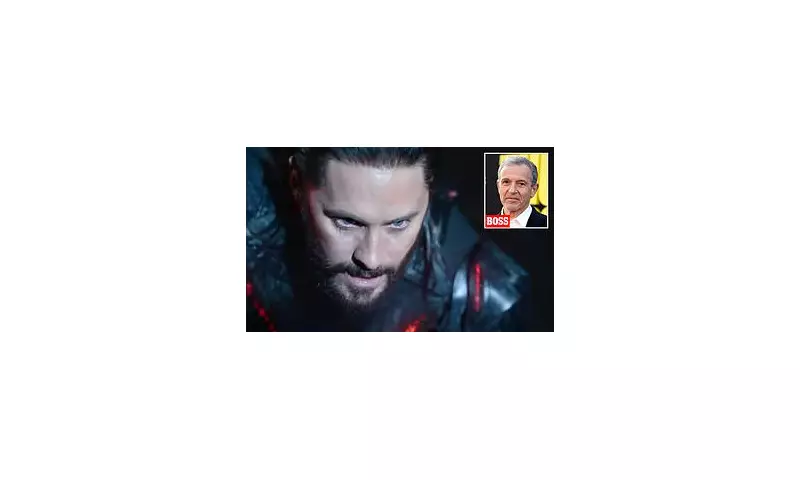
In a stunning blow to the House of Mouse, Disney's highly-anticipated live-action reboot has crashed spectacularly at the box office, leaving industry analysts questioning the studio's current creative direction.
Audiences Deliver Their Verdict
The film, which received substantial marketing investment and studio backing, opened to disastrous numbers that have sent shockwaves through Hollywood. Industry insiders are pointing to a growing disconnect between Disney's storytelling approach and what modern audiences actually want to see.
Creative Strategy Under Fire
Multiple sources within the entertainment industry suggest that the film's failure stems from prioritising political messaging over compelling narrative and character development. "When the agenda comes before the story, audiences can smell it from a mile away," commented one veteran producer who wished to remain anonymous.
The disappointing performance continues a worrying trend for Disney, which has seen several recent releases underperform despite the studio's historical reputation for box office dominance.
Financial Fallout
Early estimates indicate the film may rank among the year's biggest commercial disappointments, with:
- Opening weekend figures falling 60-70% below projections
- Poor audience reception scores across major review platforms
- Significant marketing costs unlikely to be recouped
Broader Industry Implications
This latest failure raises serious questions about the sustainability of Disney's current content strategy. Industry watchers note that audiences are becoming increasingly selective about their cinema visits in the post-pandemic era, demanding genuine entertainment value rather than lecture-driven narratives.
The message from cinema-goers appears clear: quality storytelling must come first, with any social commentary serving the narrative rather than overwhelming it.
As Disney executives convene emergency meetings to assess the damage, the entire entertainment industry watches closely, wondering if this box office disaster will prompt a fundamental rethink of how major studios approach content creation in today's polarized cultural landscape.






